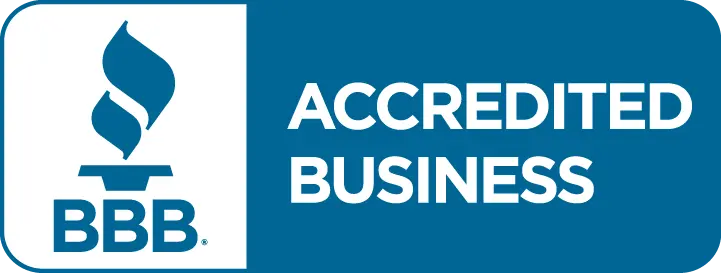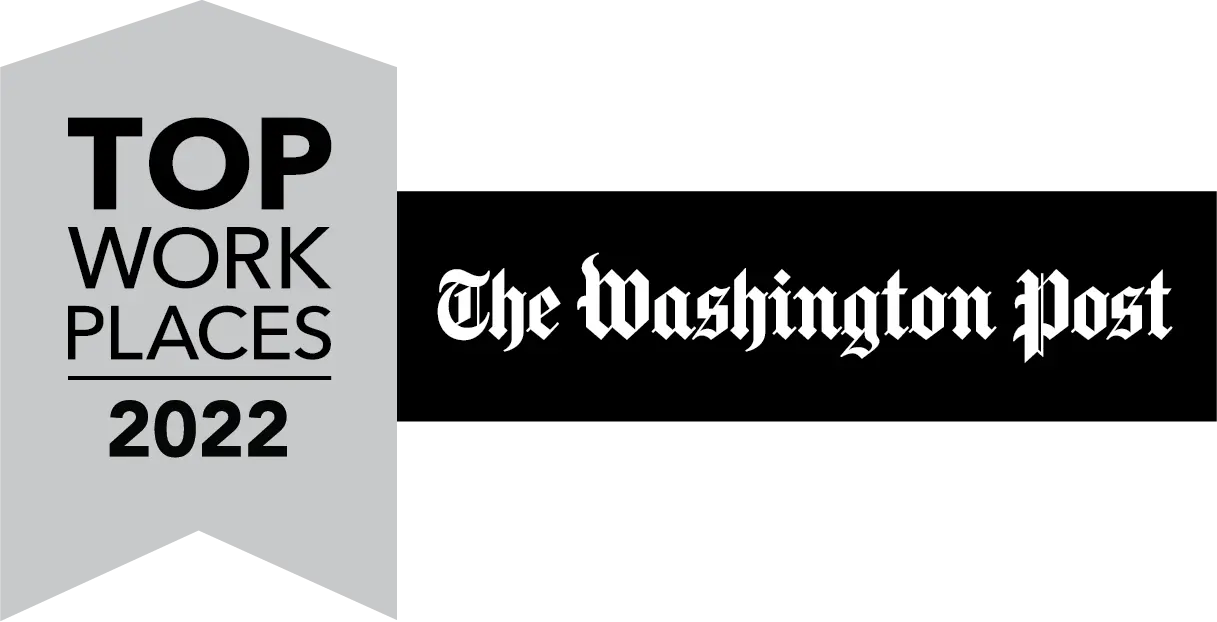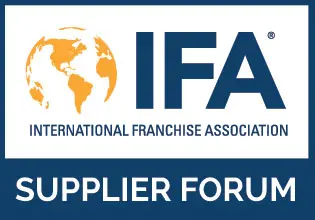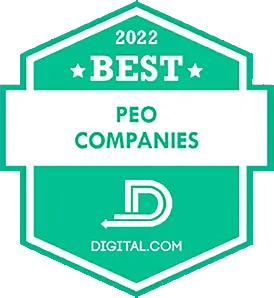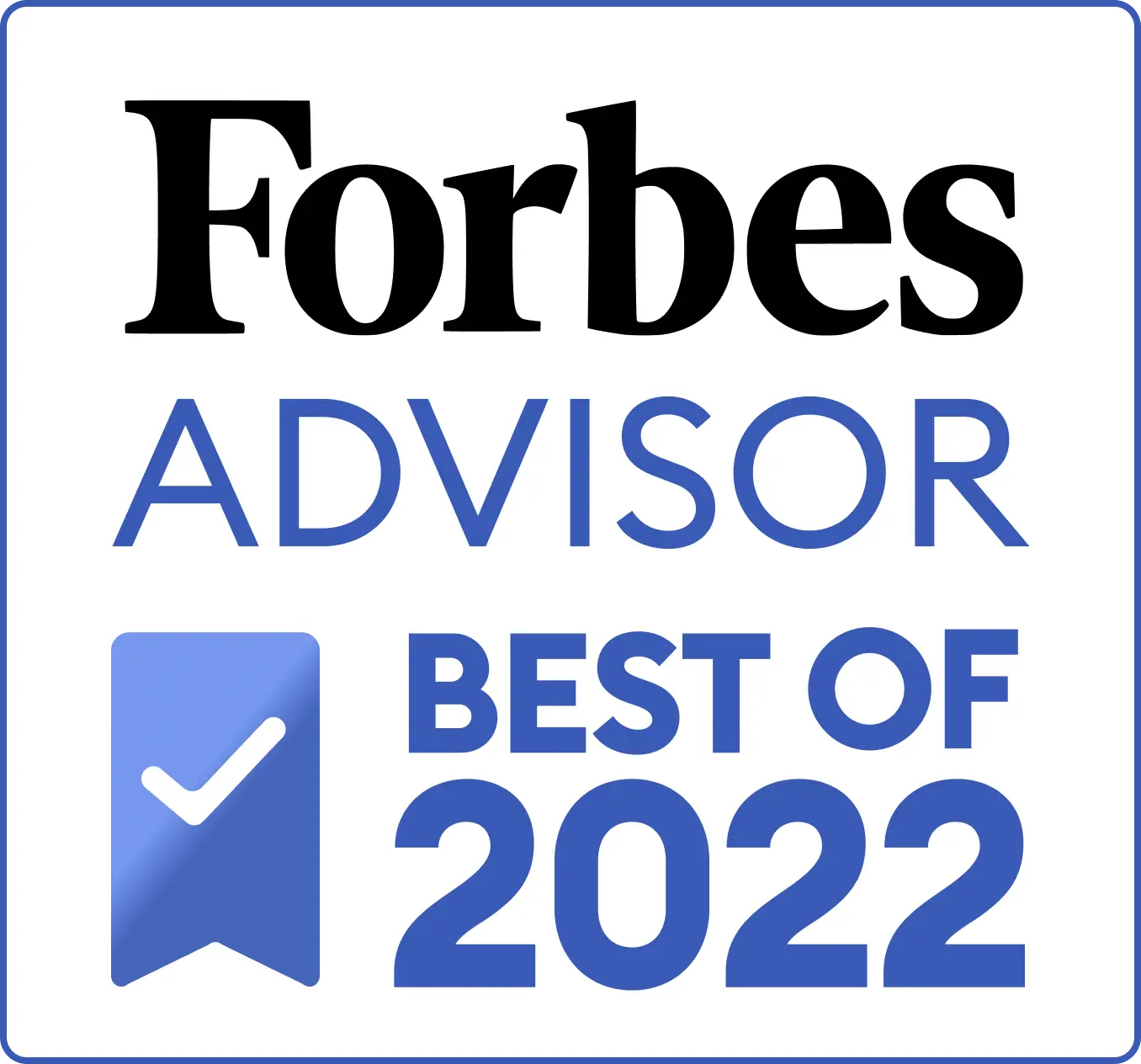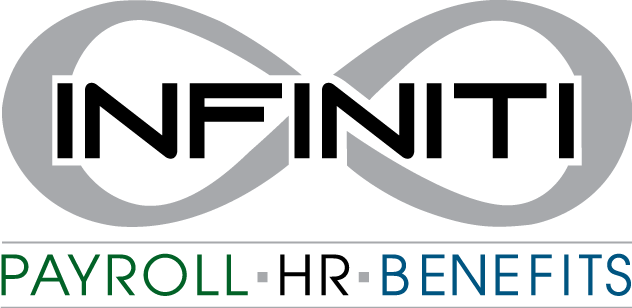Blog
Our blog offers important resources, helpful articles, and practical ideas on the human resources topics that matter to you.
Our blog offers important resources, helpful articles, and practical ideas on the human resources topics that matter to you.
Home / Media / Blog / Your Small Business HR Roadmap to Growth
Growing your company requires planning, execution, and “expecting the unexpected.” This article shares the most fundamental assets in your HR roadmap to support your company’s growth and long-term success.
As a leading PEO and human resources outsourcing firm, we have “seen it all.” Companies often call us when they either realize their businesses have outgrown their HR infrastructure, or for many, they grew their employees’ head counts and revenue without establishing basic HR infrastructure in the first place. But your company’s growth will inevitably come at a price if you don’t implement an HR roadmap for sustained growth.
In this article, we want to share the fundamentals of what should go in your HR growth plan. That way, you can plan for continued success and ensure your HR infrastructure supports and encourages future growth.
At the simplest level, your HR roadmap should address the fundamentals that guide how you recruit, retain, and engage your most precious asset: your people.
You might have gotten by through your smarts and ability to “wing it.” But at some point, the lack of HR infrastructure will come back to bite you.
Here’s a simple way to think about it: Every business plan goal should have a complementary HR goal. For example, if you want to grow a line of business, you should have an HR goal or strategy aligned with staffing to hit your business revenue goals.
Here are the fundamentals that belong in your HR small business growth roadmap.
Whether you have 10 employees or 1,000, you should have clear guides and protocols for managing your people.
For example:
Compliance is not a topic our clients typically enjoying dealing with. But compliance is part of doing business. How compliant should you be? Well, that depends.
Every client has his or her own level of “risk tolerance.” Some entrepreneurs like to take bigger risks than others. You’ll have to decide what your personal risk tolerance level is. Talk with your attorneys and HR advisors, then decide.
But at minimum, you need to know the federal and state labor laws. That’s why we share monthly updates to labor laws with our clients and consult with them about what they should do to remain compliant.
We’ve been entrepreneurs for many years now, and it still surprises us that every new level of growth invites new challenges. For our small business clients, the pandemic was challenging on many levels. But many of our clients grew their companies during the pandemic. And many took advantage of the change in work culture and hired employees out of state. There’s a lot to love about work flexibility. But as an employer, if you now oversee a distributed workforce, you may face the challenge of staying current with labor laws in multiple states. That’s a layer of compliance complexity many owners and leaders didn’t think they were signing up for.
Another common HR growth challenge we see is culture. Typically, culture becomes very important when a company surpasses the 10 to 15 employee headcount. For starters, it requires you to communicate differently. Leaders also need to focus on organizational knowledge. As employees come and go, you don’t want that organizational knowledge to walk out the door when employees move on.
So think about your HR Growth Plan: are you at a stage in your company’s growth that requires you to think bigger about your infrastructure and plans?
We’ve talked about getting your HR infrastructure on track to support your business growth goals. Every business goal should have a corresponding HR goal or strategy. But there is one fundamental thing to ensure you’re getting right out of the gate, or nothing else matters.
Get your compensation and payroll right.
Pay correctly based on what your employees could be earning at other companies. Make sure you stay competitive. Compensation isn’t the only thing employees care about. In fact, people will stay in their jobs for various reasons like feeling purpose and connection with their work and managers who support their needs. But if your compensation is out of whack, you’ll see great talent headed for the door.
Related to compensation is payroll. You might think, “Well, geez, tell me something I don’t know.” But you’d be surprised at how many companies fall down when it comes to payroll and paying their employees accurately and on time. These days, there are multiple third-party solutions to help you with payroll, and we often consult with our clients on vendor partners we know and trust.
Bottom line: get your compensation and payroll right. Otherwise, your HR growth roadmap won’t get you to the finish line.
If you are just starting out and charting your business plan with plans to hire OR have hired a few people and now find yourself needing to hire more and get better at what you’re building, here’s a simple HR roadmap to put in place.
1. Pay people correctly and on time.
(It is the right thing to do, and it is the law!) If you get it wrong, payroll is late, or you took unauthorized deductions, there may be no reasonable path to rebuilding trust.
2. Outsource payroll sooner than later.
It will be better for you and likely for your growing team if they want some tech to access log hours worked.
Transfer the payroll tax management risk to another party and think of access to Direct Deposit, at the least.
3. Labor Law Compliance: Federal and State. If you are running payroll, wage and hour laws apply.
You don’t need a fancy onboarding program right out of the gate–but make sure you follow a new hire paperwork/process checklist at least, that includes:
4. Benefits: plan to add and enhance your benefits package as your company grows.
When your company is close to 50 employees, be sure to talk with a good benefits broker who can advise you on options and help you document the process for plan administration requirements and document new hire and annual enrollment processes.
Refer to my note above about outsourcing payroll for some automation with reminders, modules, and as paperless as possible.
5. HR Infrastructure: build it, then keep it current (particularly when labor laws change).
The following are core elements of your HR infrastructure, which can be adjusted based on your business needs and level of risk tolerance.
(P.S. This is a GREAT time to think about some help with a short or long compensation strategy that makes sense for the role and company budget, depending on your needs.)
Employee Handbook: keep it current. Labor laws change often, and businesses don’t stay the same.
Considering procuring EPLI Insurance? The carrier will likely want to see a copy of your Handbook and the Anti-Harassment & Non-Discrimination policy within (encouragement to report claims and how they are objectively investigated).
Documented processes, forms, and training applicable staff. Create an HR section of your Policies & Procedures Manual or create a Manager’s Manual.
Key sections include:
Like any plan, your HR roadmap should be flexible. We often can’t predict what will be our biggest business hurdles to overcome. Flexibility is key. But ironically, the most flexible way to adapt and pivot to business challenges is by having a roadmap and infrastructure to support you.
Interested in other current employment trends? Click the link to view the recent blog: Ask This, Not That When Interviewing Job Candidates or check back for more on human resources, payroll, insurance, and benefits.
Join the INFINITI HR family! Subscribe to our newsletter and get the latest HR news and tips.
INFINITI HR helps companies reduce costs by managing human resource functions while allowing businesses to focus on their core operations that impact profitability. Our platform provides full regulatory compliance management, on-demand HR guidance, real-time payroll /tax filing, POS integration and access into industry leading True-Group master policies for workers’ compensation, employment practices liability insurance, and other operational business coverages.
Toll free: 866-552-6360
